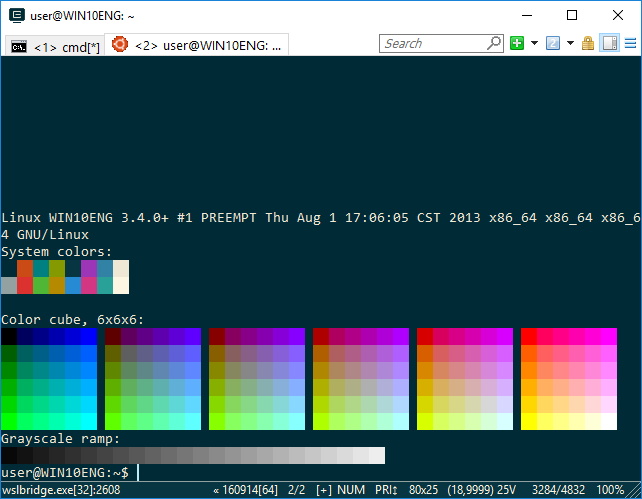

Start by supporting pipes only between two processes beforeĬonsidering longer chains. ForĮxample, foo | bar would send the STDOUT ofįoo to the STDIN of bar using a pipe.

You could support |, a pipe, between two processes.Modifcations of this type, I would recommend helpĬommand to return more detailed information on a single You could also support additionalīuilt-in commands like which, pushd/popd or alias. Size of the history buffer and history num could For example, history -s num could set the You could support optional parameters to some of the built-inĬommands.If you are enjoying this project and would like to add more advancedįeatures to your shell, here are some sugguestions: That program when run will produce f2 an identical copy of f1īy forking off a new process, reassigning its stdout and The directory and is needed as the input file for the forkDupExec Makefile and two programs that illustrate the use of the dup systemĬall to support I/O redirection. Copy the file and then execute the command tar -xfĮxampleShell.tar to unzip the contents. Makefile that will get you started compiling on a UNIX/Linux Note: one redirect in each direction is fine,Ĭomputer output so beware) to show an example of the shell in Shouldn't be too hard but you don't have to do it.) Substitute a different feature here for Windows) You alsoĭo not have to support I/O redirection for built-in commands (it That I/O redirection may be quite tricky on Windows. In many real shells it gets much more complicated than Process to infile and STDOUT for the new process to Process to run foo and assign STDIN for the new You should be able to redirect STDIN and STDOUT for the new.On 'My Computer', go to Properties and find the Environment Variables $PATH to see what's in your executable path PATH inherited by your own shell from its parent. Variables especially PATH which is the list ofĭirectories in which to look for a specified executable. However, you may find it useful to know about these You do not need to support setting of environment.First argument should be pointer to command string and the second arguments should be a pointer to an array which contains the command string as arg and the other arguments as arg through arg. Try execvp it will search the path automatically for you. In that case, it does not need to support editing You may end up needing to write your own version of readlineįor Windows.
#Gnu bash shell for windows windows#
I do not know if there is an equivalent for Windows so Readline library as it supports user editing of the command You may want to consider the readline function from the GNU

It may also indicate other things like machine name or username or any other information you would like. The prompt you print should indicate the current working directory.
#Gnu bash shell for windows full#
Record command in history list (GNU readline history ?)īetween this simple pseudocode and full featured shells, thereĪre many optional features. The UNIX style fork/exec not the Windows style CreateProcess/WaitForSingleObject.):ĬmdLine= readCommandLine() //or GNU readline("") Wait! Have you written your parser already? Do that first.įrom experience using a command shell, you should be able to writeīasic pseudocode for a shell (Note: The pseducode below uses Writing your own command shell - much like csh, bsh or the DOS command

The object of this assignment is to gain experience with someĪdvanced programming techniques like process creation and contol, fileĭescriptors, signals and possibly pipes. Writing Your Own Shell Writing Your Own Shell


 0 kommentar(er)
0 kommentar(er)
